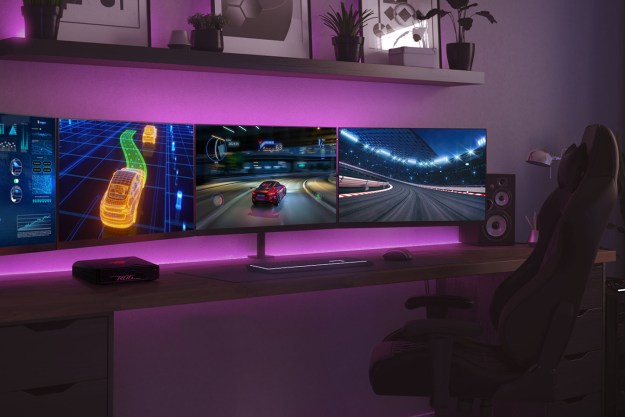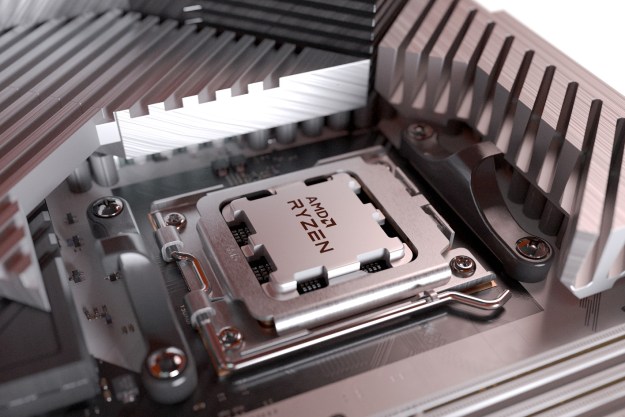Intel is gearing up to release its first generation of discrete gaming graphics cards in 2022, but the road map for Intel Arc goes far beyond a single generation. We’ve heard about four generations of Intel Arc graphics cards, and the company is already teasing a distant fifth generation.
Intel Graphics tweeted an image revealing that the fifth generation starts with an “E” — following Alchemist, Battlemage, Celestial, and Druid — and the ideas from the replies are fantastic.
You’ve heard the codenames Alchemist, Battlemage, Celestial, and Druid, but what about E? What do YOU think it could be? #IntelArc pic.twitter.com/ZdrrGK0wNa
— Intel Graphics (@IntelGraphics) October 19, 2021
Intel’s own Raja Koduri holds the top reply with “E=mc2,” which could be Energy or Einstein — both of which break with Intel’s theme. Intel engineer Moshe Dolejsi threw out “Eldritch” as an idea, which is actually a solid option, while @IsoscelesGaming came up with such gems as “Evanescence” and “Eddie Vedder.” Maybe we’ll get a “Pearl Jam” generation when Intel makes it to further in the alphabet.
For our part, we could see Intel going with something like “Enchantress/Enchanter” or “Elemental,” keeping with the fantasy theme the code names have held so far. One idea we didn’t spot in the comments was “Elysium,” or if Intel wants to lean into a Destiny 2 theme, “Europa.”
The name doesn’t matter — though, you should go leave Intel some creative inspiration in the replies. More important is that Intel already have five generations of graphics cards in the works, so we probably won’t see the Intel Arc division disbanded any time soon. It looks like Intel is in for the long haul with its enthusiast
Nvidia and AMD have established a launch cadence of about two years for new graphics card generations, so five generations represents as long as a decade of discrete gaming graphics cards at Intel. Right now, the only details we have are centered on the first generation: Intel Arc Alchemist.
These cards are built to take on the best from Nvidia and AMD. Rumors suggest the flagship Alchemist card will perform about as well as an RTX 3070, which is seriously impressive for Intel’s first outing in gaming graphics. The first-generation cards come with hardware-accelerated ray tracing and a feature that’s similar to Nvidia’s Deep Learning Super Sampling (DLSS).
XeSS, as it’s called, is one of the most exciting features in the upcoming range. Although we haven’t seen the upscaling feature in action yet, and Intel hasn’t announced any games that will support it, XeSS looks like it has the features and capabilities to put some pressure on Nvidia.
For now, though, all we can do is wait. Intel is set to launch Alchemist cards in the first few months of 2022, so we’re looking toward CES 2022. We know about four generations are coming after, too. Hopefully Intel can make it to 26.
Editors' Recommendations
- We might have an answer to Intel’s crashing crisis
- Intel Battlemage graphics cards: release date speculation, price, specs, and more
- Gamers are reportedly returning Intel Core i9 CPUs in droves
- I’ve reviewed every AMD and Nvidia GPU this generation — here’s how the two companies stack up
- Intel’s next-gen GPU might be right around the corner





